Indianz.Com > News > Underscore.news: Yakama Nation celebrates return of sacred land
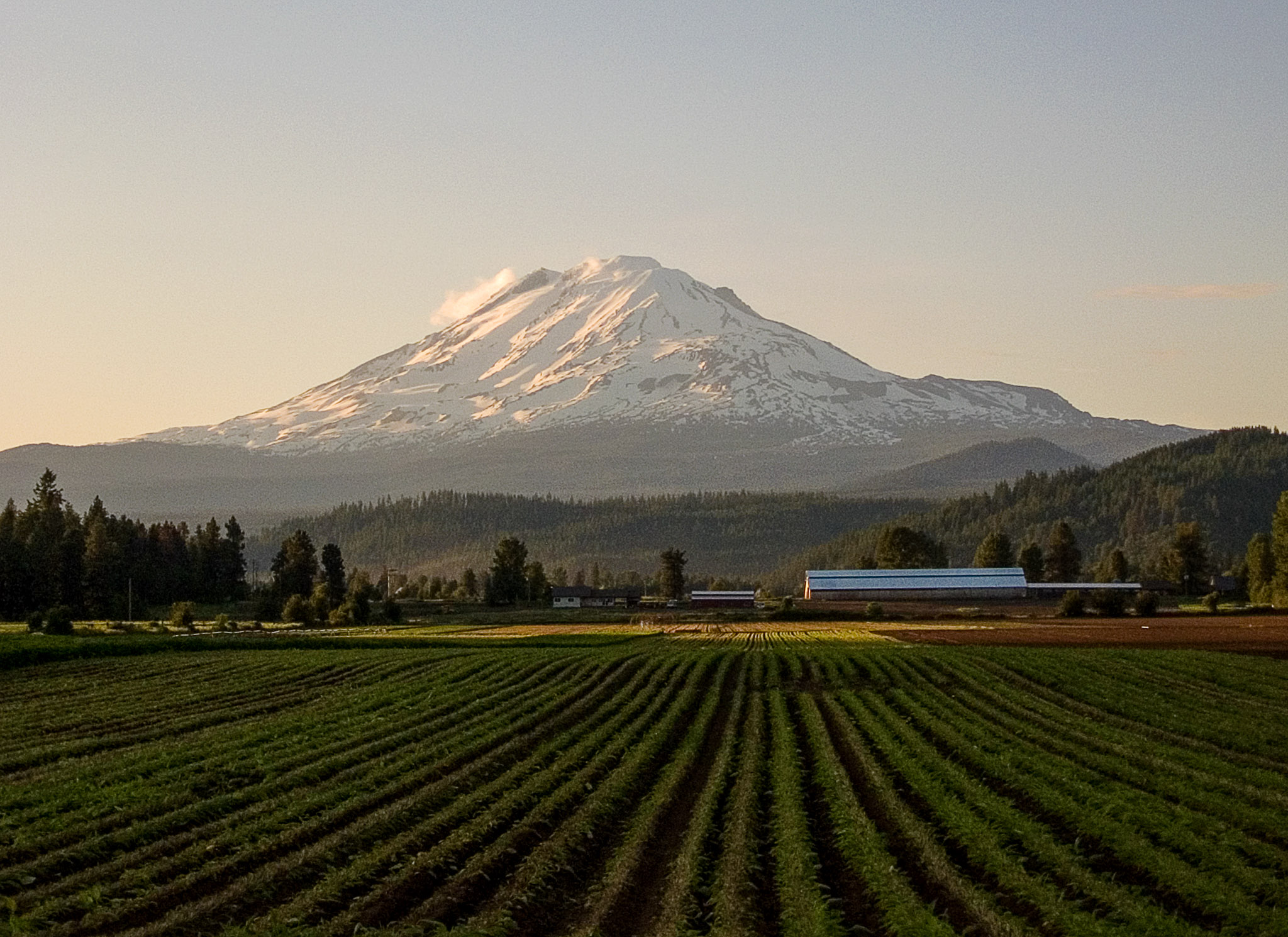
‘Pahto Will Always be a Gift:’ Yakama Nation Marks 50th Anniversary of Land Return
An 1855 treaty with the U.S. government ensured one of the Yakama Nation’s most important sites would remain a part of its homelands. The tribe just celebrated the decades-long effort fighting to see that promise kept.
Tuesday, October 18, 2022
Underscore News and ICT
WHITE SWAN, Washington — Jim Thomas drew chuckles from the 200 or so gathered inside the White Swan Pavilion on the Yakama Indian Reservation with his practiced imitation of the low, raspy voice actor Marlon Brando used for his role in The Godfather.
Thomas recalled how he convinced Brando to become a member of a committee working to resolve a land ownership dispute — and how Brando later, using his “Godfather” voice, told legendary newsman Walter Cronkite to meet face-to-face with Thomas and to “treat him with the same respect as you would with me.” Cronkite listened, later highlighting Thomas’ work on the Yakama land dispute during his evening news broadcast.
“We got 15 minutes,” Thomas said on September 23. “Nobody gets 15 minutes on a national program. We did.”
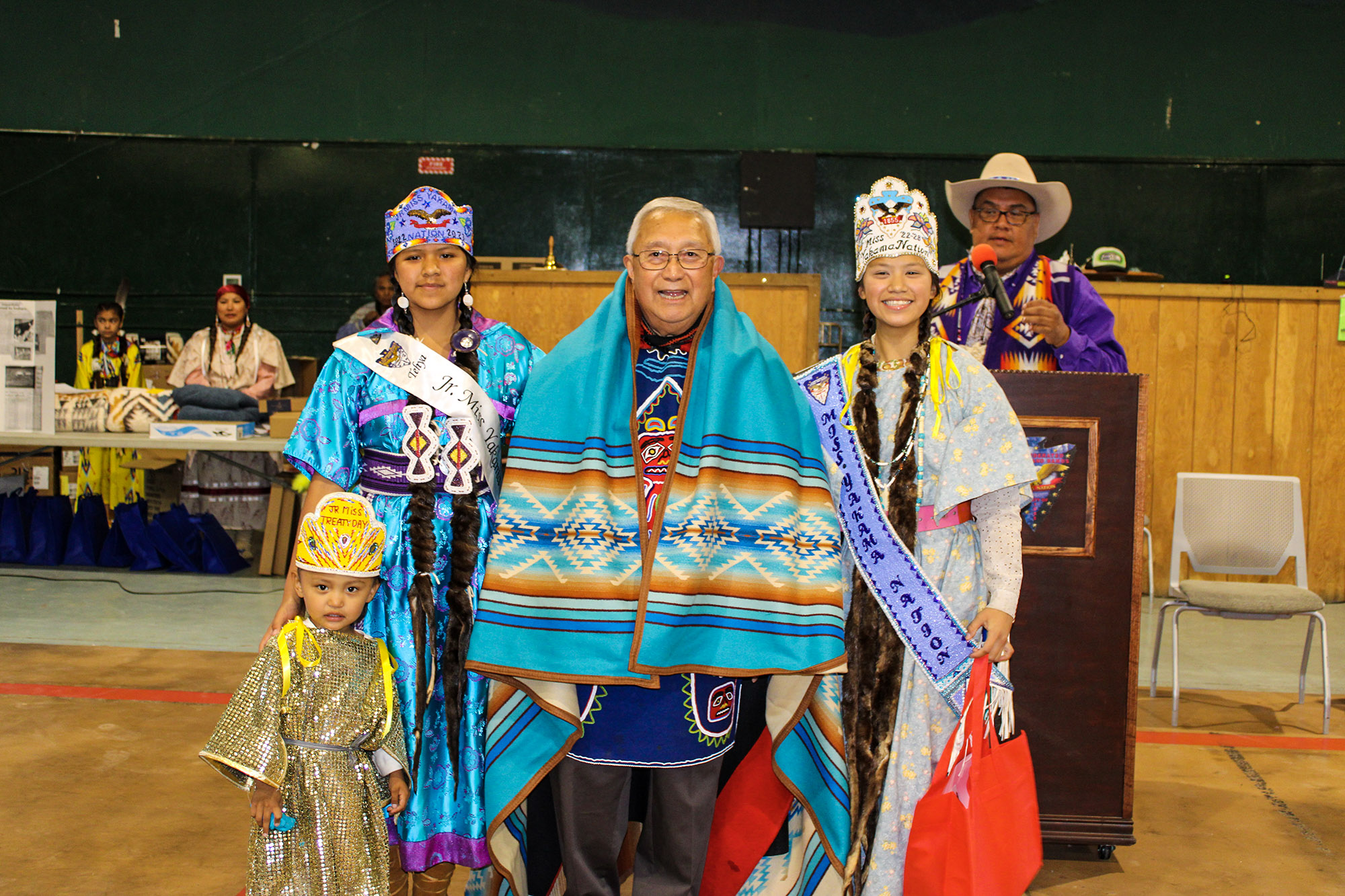
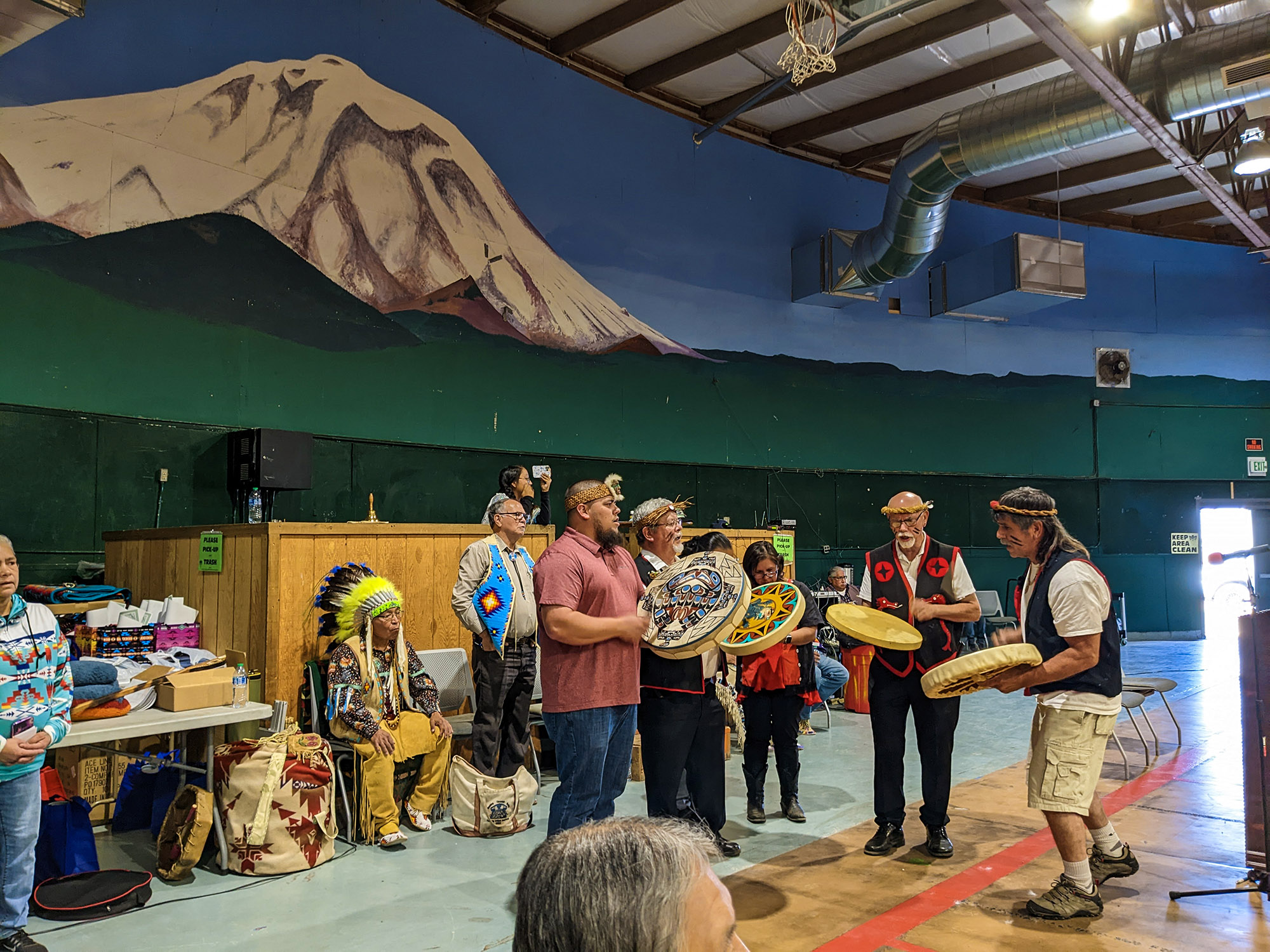
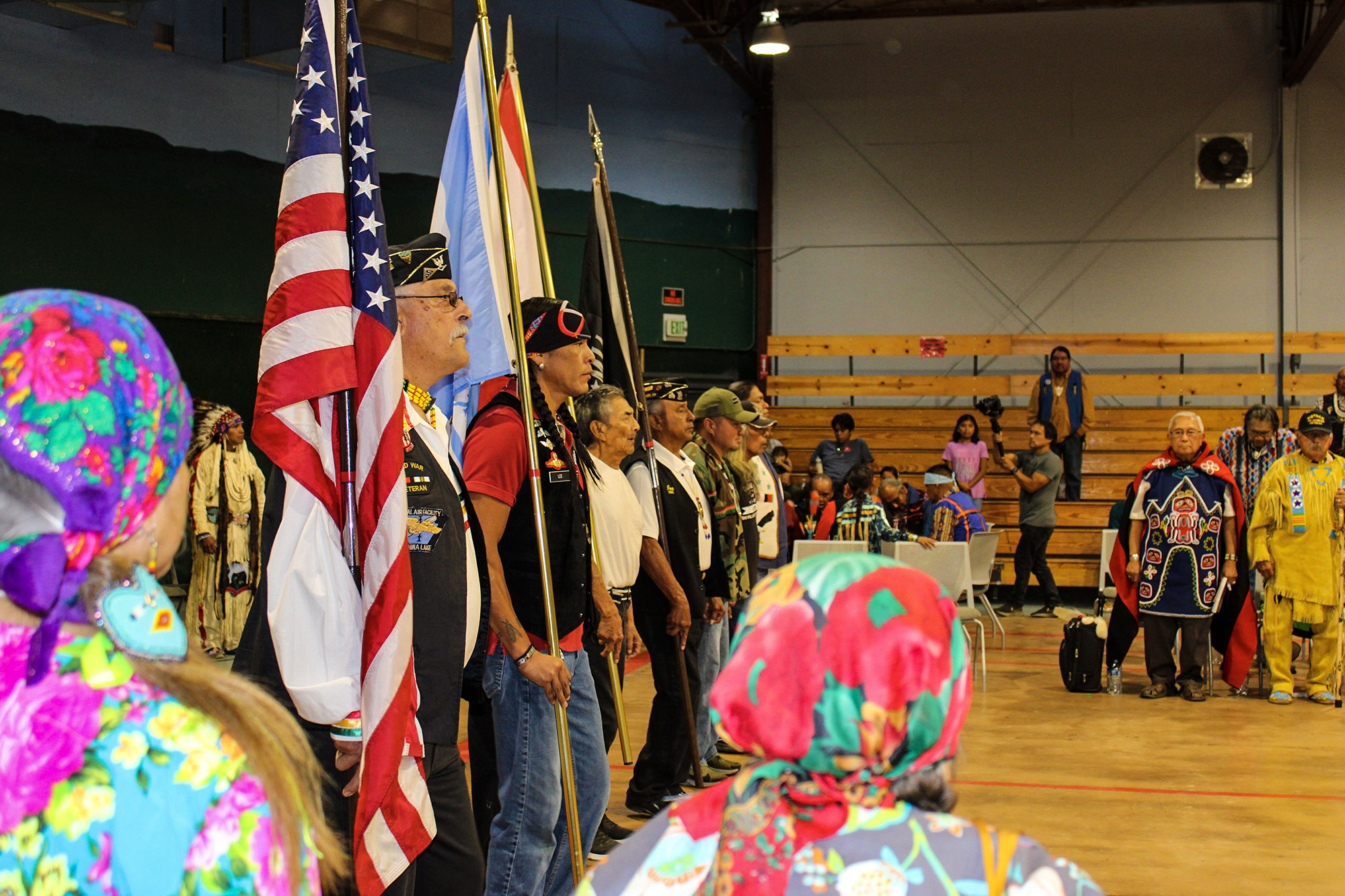
‘There will always be that beautiful mountain’
The actual anniversary of the executive order was exactly four months before the September 23 commemoration. The celebration included drumming, dancing by Yakama youth and young dancers from the Makah Nation and speeches from tribal leaders and others, like Thomas, who played a role in the fight. Attendees enjoyed a meal of salmon, venison, huckleberries, corn and pumpkin pie ahead of the tribe’s annual National Indian Days opening ceremonies and powwow.
The celebration could have been marked by a more uncertain mood. Klickitat County, which has borders that overlap with the Yakama reservation, tried to convince the U.S. Supreme Court to hear a case where it argued that Pahto and 121,000 acres of reservation land known as Tract D were incorrectly included in the reservation’s boundaries and should instead be owned by the state of Washington.
Earlier this year, the U.S. Supreme Court upheld previous court rulings in favor of the Yakama Nation, declining to hear the case and affirming that the mountain and rest of Tract D was correctly included in the reservation’s boundaries.
“Despite President Nixon’s proclamation, Klickitat County still tried to rewrite history,” Saluskin said.
Those who ensured that the Yakama half of Adams remained so — attorneys, historians and other experts who had researched the border dispute and testified on behalf of the tribe — were also honored during Friday’s commemoration.
Still, other threats remain to ancestral Yakama homelands, like a proposed “pumped storage” renewable energy project proposal alongside the Columbia River. The tribe has publicly opposed that project because of unavoidable destruction and damage it would cause to cultural and spiritual sites.
A number of tribes in Washington state, including the Swinomish Indian Tribal Community, the Makah Tribe and the Lummi Tribe, have publicly supported the Yakama Nation’s opposition to the project.
Leaders and citizens of three of those tribal nations who have pushed government regulators to halt the project, attended and were honored at the Sept. 23 commemoration for a present-day partnership that dates back to the years before Nixon signed the order.
“We acknowledge that in everything we do, and what we share with you today, is a gift, a gift from our god, our creator, to be able to do our part, to show our love and to be here and to stand here with you today like we did fifty years ago,” Makah Tribal Council Chairman TJ Greene told attendees. “We know that our fights never end, and we’ll continue to be here.”
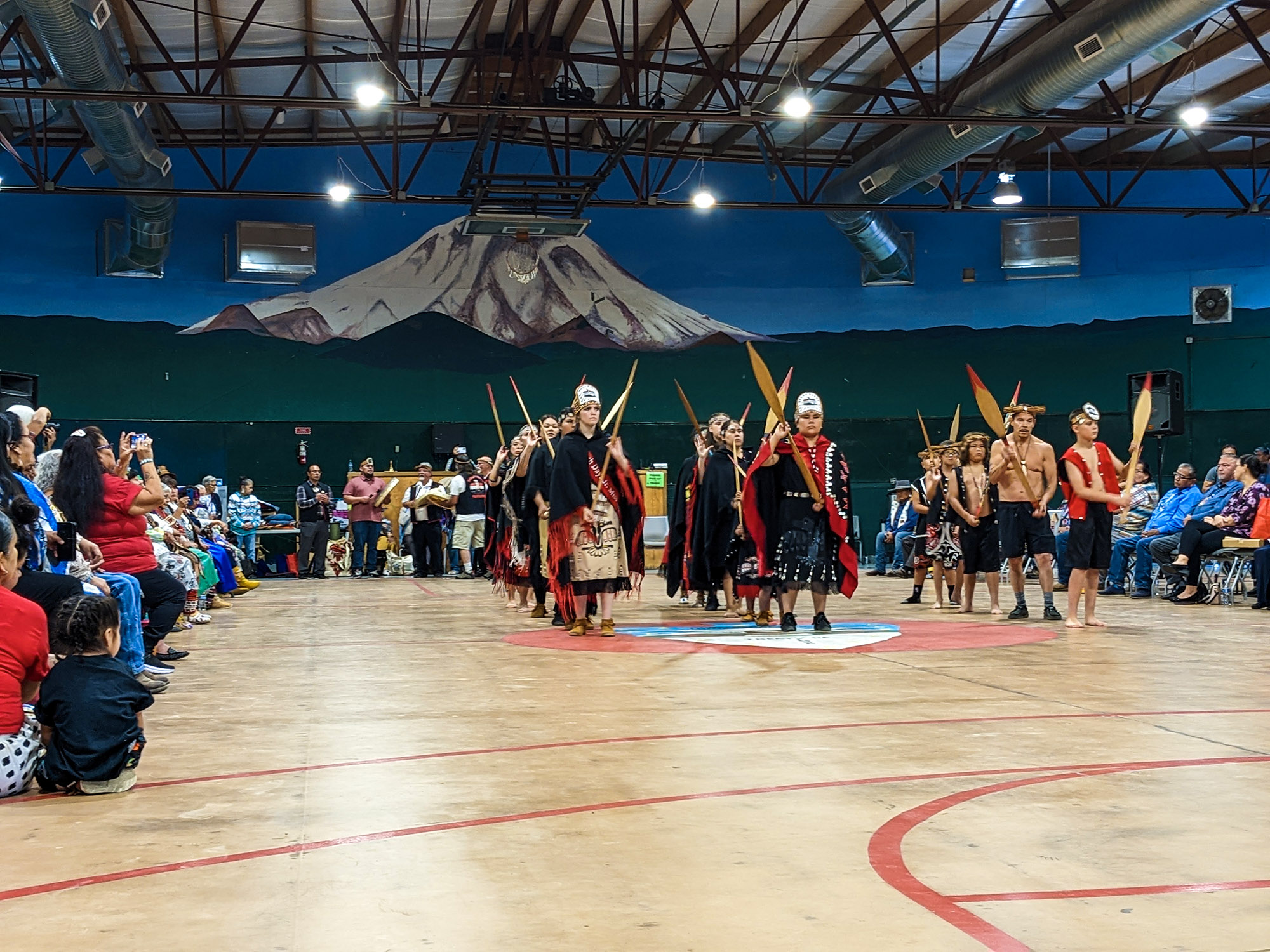
This story is co-published by Underscore News and ICT, a news partnership that covers Indigenous communities in the Pacific Northwest. Funding is provided in part by Meyer Memorial Trust.
This story originally appeared on Underscore.news. Underscore is a nonprofit collaborative reporting team in Portland focused on investigative reporting and Indian Country coverage. We are supported by foundations, corporate sponsors and donor contributions. Follow Underscore on Facebook and Twitter.
Related Stories
Search
Filed Under
Tags
More Headlines
Native America Calling: Safeguards on Artificial Intelligence
NAFOA: 5 Things You Need to Know this Week
Chuck Hoskin: Cherokee Nation takes the lead for our environment
Native America Calling: Earth Day assessment for Native peoples
Cronkite News: Gathering addresses ‘epidemic’ among Native people
VIDEO: Cody Desautel on tribes and federal forest management
AUDIO: Legislative Hearing on Discussion Draft of Forest Management Bill
Native America Calling: Remembering the 1974 Navajo border town murders
Native America Calling: Can the right approach close the Native immunization gap?
Cronkite News: Long COVID cases remain high in Arizona
Native America Calling: Eyes in the sky for development, public safety, and recreation
Native America Calling: Three new films offer diverse views of Native life
NAFOA: 5 Things You Need to Know this Week
Chuck Hoskin: Cherokee Nation works toward cure for arthritis
Native America Calling: Protecting young people from the down sides of social media
More Headlines
NAFOA: 5 Things You Need to Know this Week
Chuck Hoskin: Cherokee Nation takes the lead for our environment
Native America Calling: Earth Day assessment for Native peoples
Cronkite News: Gathering addresses ‘epidemic’ among Native people
VIDEO: Cody Desautel on tribes and federal forest management
AUDIO: Legislative Hearing on Discussion Draft of Forest Management Bill
Native America Calling: Remembering the 1974 Navajo border town murders
Native America Calling: Can the right approach close the Native immunization gap?
Cronkite News: Long COVID cases remain high in Arizona
Native America Calling: Eyes in the sky for development, public safety, and recreation
Native America Calling: Three new films offer diverse views of Native life
NAFOA: 5 Things You Need to Know this Week
Chuck Hoskin: Cherokee Nation works toward cure for arthritis
Native America Calling: Protecting young people from the down sides of social media
More Headlines